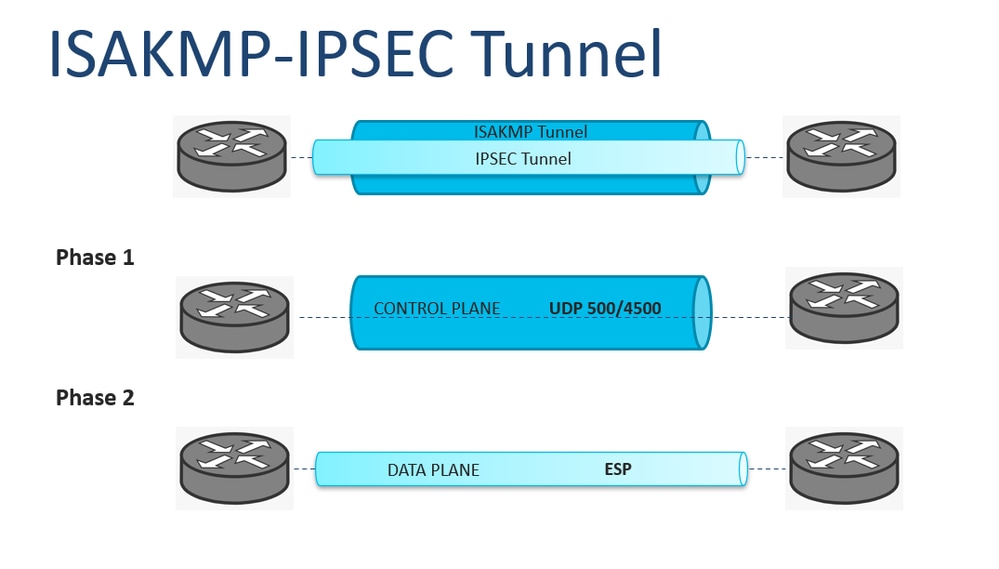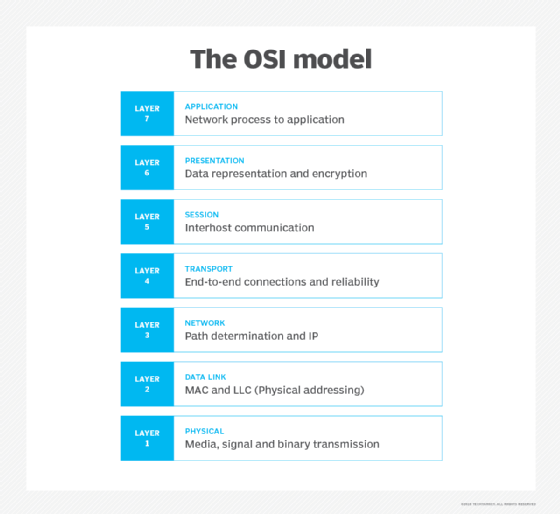Featured
Table of Contents
- – Understanding Ipsec - Engineering Education (En...
- – What Is Ipsec Vpn? How Does Ipsec Work In 2023?
- – Ipsec And Ike
- – Secure Windows Traffic With Ipsec - Cornell U...
- – What Is Ipsec? Definition & Deep Dive
- – What Is Ipsec Protocol And How Does It Work?
- – Ipsec Vpn Explained - How Ipsec Works - Ipse...
Understanding Ipsec - Engineering Education (Enged) ...
IPsec validates and secures information packets sent over both IPv4- and IPv6-based networks. IPsec protocol headers are found in the IP header of a packet and specify how the data in a package is managed, including its routing and delivery across a network. IPsec adds numerous components to the IP header, including security details and several cryptographic algorithms.

ISAKMP is defined as part of the IKE protocol and RFC 7296. It is a framework for crucial establishment, authentication and settlement of an SA for a secure exchange of packages at the IP layer. Simply put, ISAKMP defines the security criteria for how 2 systems, or hosts, interact with each other.
They are as follows: The IPsec process begins when a host system recognizes that a packet requires defense and ought to be transmitted utilizing IPsec policies. Such packets are considered "fascinating traffic" for IPsec purposes, and they activate the security policies. For outbound packages, this means the suitable encryption and authentication are applied.
What Is Ipsec Vpn? How Does Ipsec Work In 2023?
In the second step, the hosts utilize IPsec to negotiate the set of policies they will use for a secured circuit. They also validate themselves to each other and established a secure channel between them that is utilized to work out the method the IPsec circuit will encrypt or confirm data sent out throughout it.

After termination, the hosts dispose of the personal keys used during information transmission. A VPN basically is a personal network carried out over a public network. Anyone who connects to the VPN can access this private network as if straight linked to it. VPNs are typically utilized in services to enable workers to access their business network from another location.
Normally utilized in between secured network entrances, IPsec tunnel mode makes it possible for hosts behind one of the entrances to interact firmly with hosts behind the other gateway. For example, any users of systems in a business branch office can firmly link with any systems in the main office if the branch office and primary workplace have protected gateways to act as IPsec proxies for hosts within the respective workplaces.
Ipsec And Ike
IPsec transport mode is utilized in cases where one host needs to communicate with another host. The two hosts work out the IPsec circuit straight with each other, and the circuit is normally torn down after the session is complete.
With an IPsec VPN, IP packages are safeguarded as they take a trip to and from the IPsec gateway at the edge of a personal network and remote hosts and networks. An SSL VPN protects traffic as it moves between remote users and an SSL entrance. IPsec VPNs support all IP-based applications, while SSL VPNs just support browser-based applications, though they can support other applications with custom development.
See what is best for your company and where one type works best over the other.
Secure Windows Traffic With Ipsec - Cornell University
Lastly, each IPsec endpoint confirms the identity of the other endpoint it desires to communicate with, making sure that network traffic and information are just sent to the desired and allowed endpoint. Despite its great energy, IPsec has a few concerns worth discussing. Direct end-to-end communication (i. e., transmission technique) is not constantly available.
The adoption of different local security policies in massive distributed systems or inter-domain settings may present severe problems for end-to-end communication. In this example, assume that FW1 needs to examine traffic material to find invasions and that a policy is set at FW1 to reject all encrypted traffic so as to impose its content evaluation requirements.
Users who utilize VPNs to from another location access a private organization network are positioned on the network itself, providing them the very same rights and functional abilities as a user who is connecting from within that network. An IPsec-based VPN may be produced in a range of ways, depending upon the requirements of the user.
What Is Ipsec? Definition & Deep Dive
Because these elements may stem from various providers, interoperability is a must. IPsec VPNs enable smooth access to enterprise network resources, and users do not necessarily require to use web gain access to (gain access to can be non-web); it is therefore a service for applications that need to automate communication in both methods.
Its framework can support today's cryptographic algorithms along with more effective algorithms as they appear in the future. IPsec is an obligatory component of Web Protocol Variation 6 (IPv6), which business are actively releasing within their networks, and is strongly recommended for Web Procedure Version 4 (IPv4) executions.
It offers a transparent end-to-end safe channel for upper-layer procedures, and implementations do not need adjustments to those protocols or to applications. While having some downsides related to its intricacy, it is a mature protocol suite that supports a series of file encryption and hashing algorithms and is extremely scalable and interoperable.
What Is Ipsec Protocol And How Does It Work?
Like VPNs, there are lots of ways an Absolutely no Trust design can be carried out, however options like Twingate make the process significantly easier than having to wrangle an IPsec VPN. Contact Twingate today to find out more.

IPsec isn't the most typical internet security procedure you'll utilize today, but it still has a crucial role to play in securing web interactions. If you're using IPsec today, it's most likely in the context of a virtual personal network, or VPN. As its name implies, a VPN creates a network connection between 2 makers over the general public internet that's as secure (or practically as safe) as a connection within a personal internal network: probably a VPN's most widely known usage case is to allow remote workers to access protected files behind a business firewall software as if they were operating in the workplace.
For most of this post, when we say VPN, we suggest an IPsec VPN, and over the next numerous areas, we'll discuss how they work. A note on: If you're wanting to set up your firewall to enable an IPsec VPN connection, make certain to open UDP port 500 and IP ports 50 and 51.
Ipsec Vpn Explained - How Ipsec Works - Ipsec Vs Ssl

Once this has actually all been set, the transport layer hands off the data to the network layer, which is mostly managed by code running on the routers and other parts that comprise a network. These routers select the path specific network packets require to their destination, however the transportation layer code at either end of the interaction chain does not need to know those details.
On its own, IP does not have any built-in security, which, as we kept in mind, is why IPsec was developed. IPsec was followed closely by SSL/TLS TLS stands for transport layer security, and it includes encrypting communication at that layer. Today, TLS is developed into virtually all browsers and other internet-connected applications, and is more than sufficient protection for everyday internet usage.
That's why an IPsec VPN can include another layer of defense: it involves protecting the packages themselves. An IPsec VPN connection starts with establishment of a Security Association (SA) between 2 interacting computers, or hosts. In general, this includes the exchange of cryptographic keys that will enable the parties to encrypt and decrypt their communication.
Table of Contents
- – Understanding Ipsec - Engineering Education (En...
- – What Is Ipsec Vpn? How Does Ipsec Work In 2023?
- – Ipsec And Ike
- – Secure Windows Traffic With Ipsec - Cornell U...
- – What Is Ipsec? Definition & Deep Dive
- – What Is Ipsec Protocol And How Does It Work?
- – Ipsec Vpn Explained - How Ipsec Works - Ipse...
Latest Posts
Business Vpn For Small & Enterprise Companies
What Is A Business Vpn? │ Business Vpn Uses And ...
5 Best Vpns For Mobile Data To Protect Your Privacy
More
Latest Posts
Business Vpn For Small & Enterprise Companies
What Is A Business Vpn? │ Business Vpn Uses And ...
5 Best Vpns For Mobile Data To Protect Your Privacy